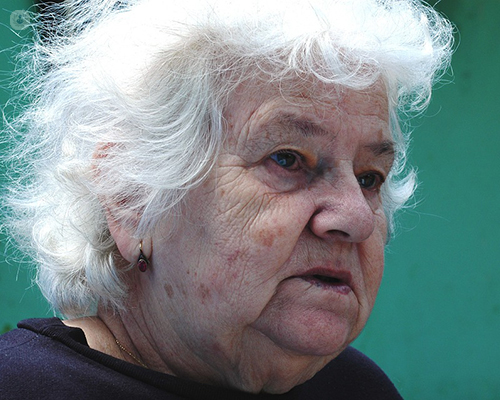

What is geriatric psychiatry?
Geriatric psychiatry is a branch of psychiatry that specialises in the study, diagnosis, treatment and prevention of mental health problems in elderly people. Geriatric psychiatry is a growing specialty in the UK because of our ageing population, with more and more of the population being aged more than 65 years. Mental illness in the elderly can be common and is often related to other illnesses, social problems, deprivation or traumatic life events.

What conditions does geriatric psychiatry treat?
In the elderly, a huge concern and result of ageing is a loss of cognition, delirium and types of dementia. Dementia still has no known cure and treatments focus on providing relief from the symptoms and making its management easier. Other conditions that geriatric psychiatrists focus on are depression and psychosis. When these occur in elderly people, the presentation of symptoms can differ to those in younger patients. Hence, the causes can be different and the treatments have to differ too.
A summary of disorders treated by geriatric psychiatrists include:
- Dementia (e.g. Alzheimer’s disease)
- Depression
- Late onset psychosis (e.g. Schizophrenia)
- Delirium
What does it involve?
Geriatric psychiatry is often practised as part of a multidisciplinary team, working with specialists in geriatric medicine and neurologists. This is because the symptoms being diagnosed and treated can be complex, and not attributed to one cause. For some elderly people, their mental health symptoms can be a result of certain medication for treating unrelated conditions.
